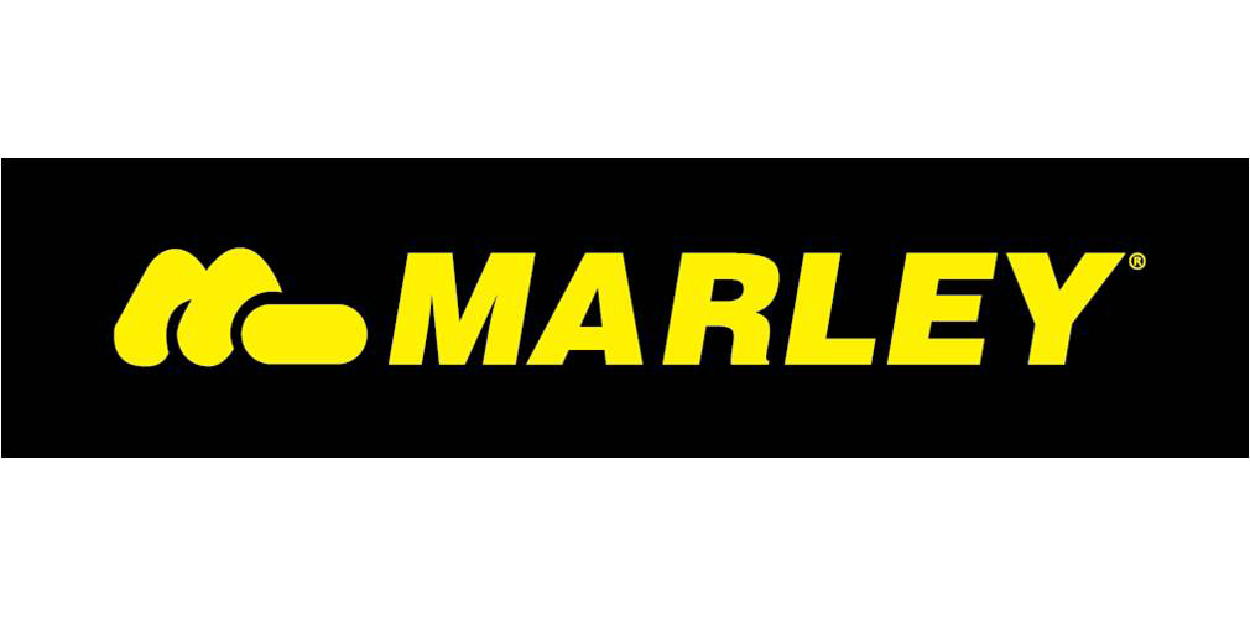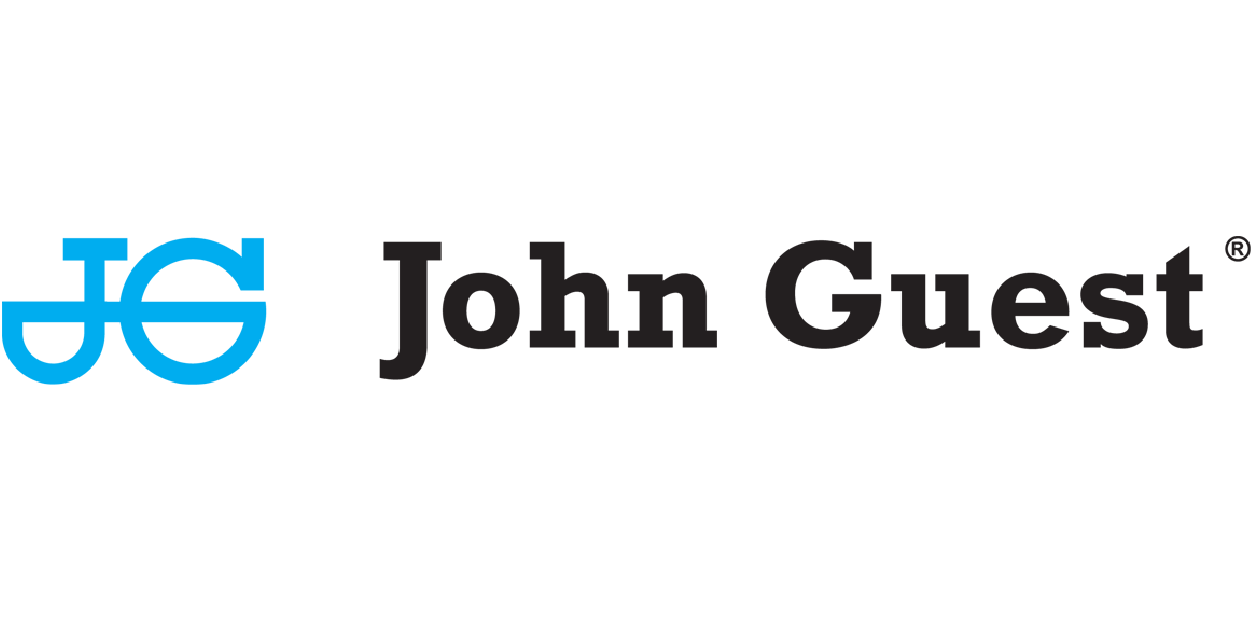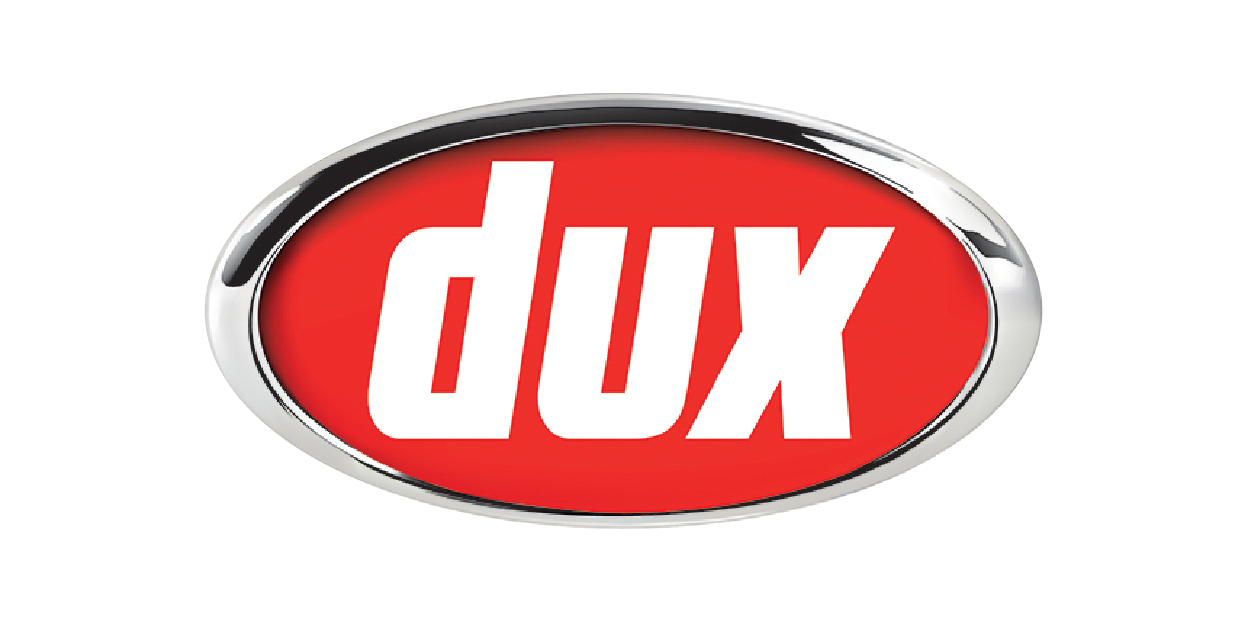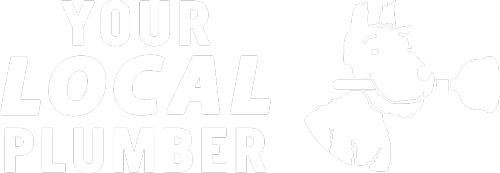Detecting leaks in a residential property requires a keen eye, knowledge, and sometimes, the use of advanced technologies. Understanding where these leaks commonly occur and knowing how to spot them early can save homeowners significant repair costs and maintain the structural integrity of their homes. This guide provides an overview of the main areas in a residential setting where leaks are common, from plumbing systems to appliances.
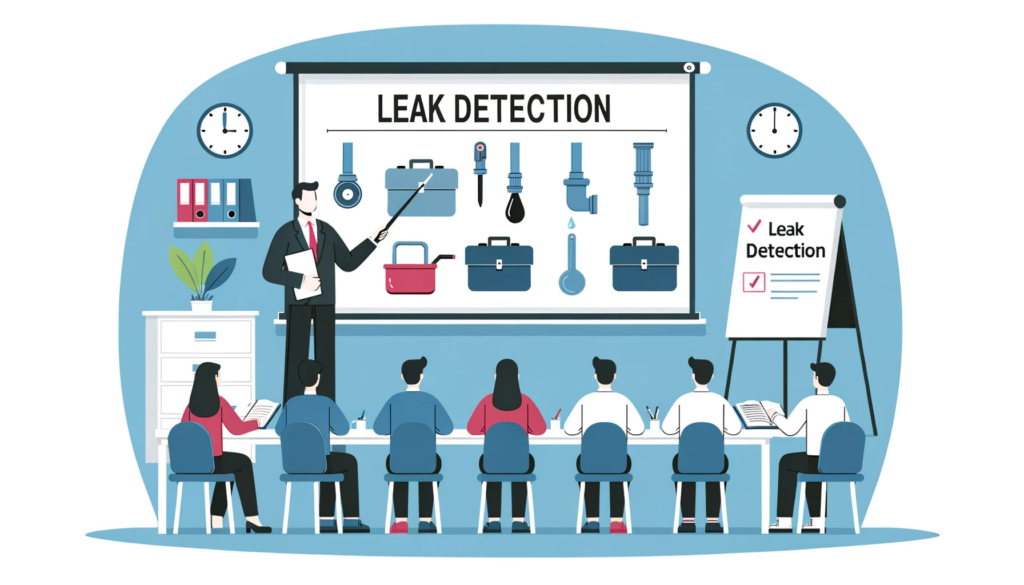
Call Today 09 973 4973 or
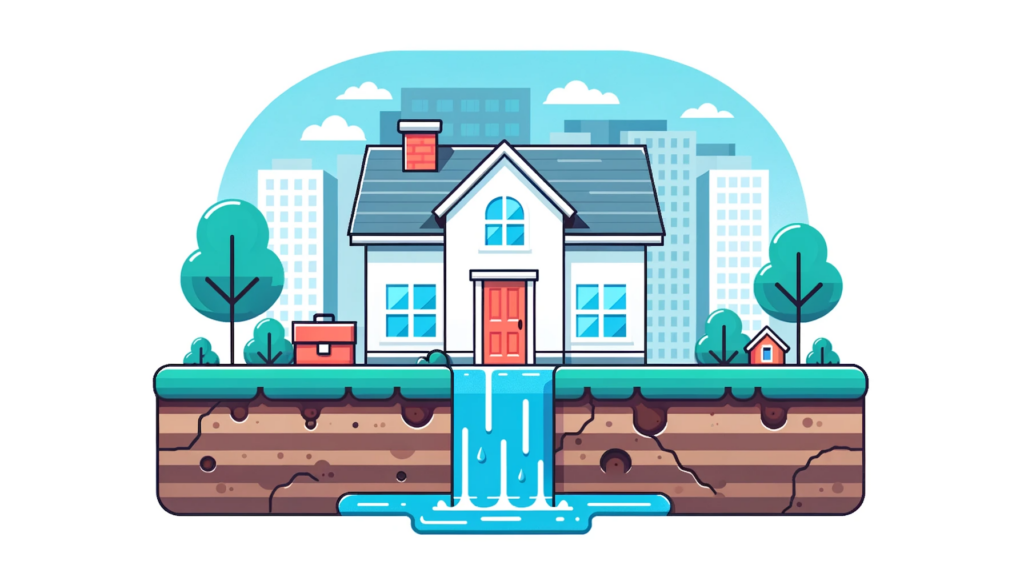
Identifying Leaks in Household Plumbing Systems
Plumbing systems are the lifeblood of any home, providing essential water supply for various uses. However, these systems are not immune to wear and tear, often leading to leaks that could escalate into more significant issues if left unchecked.

Leak Detection for Swimming Pools and Spas
Swimming pools and spas add to the luxury and comfort of any home. But, like any other part of the home, they can spring leaks, leading to water loss, increased bills, and potential structural damage. Proper maintenance and regular checks can help detect these leaks early.
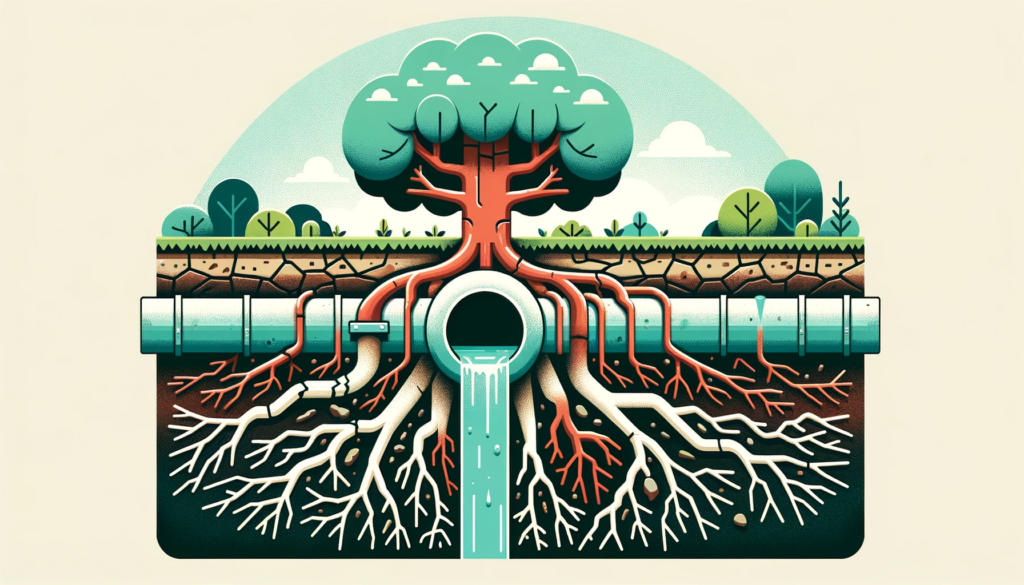
Landscape Irrigation Leak Detection
Irrigation systems play a vital role in maintaining the aesthetics of a home’s landscape. However, they are often prone to leaks, which can lead to overwatering, plant death, and unnecessary water consumption. Understanding the signs of an irrigation leak is crucial for early detection and repair.

Water Heater Leak Detection
Water heaters are essential in any household, providing the convenience of hot water when needed. However, these units are susceptible to leaks, which could lead to significant water damage if not promptly addressed. Regular inspections can help detect water heater leaks early and avoid potential hazards.
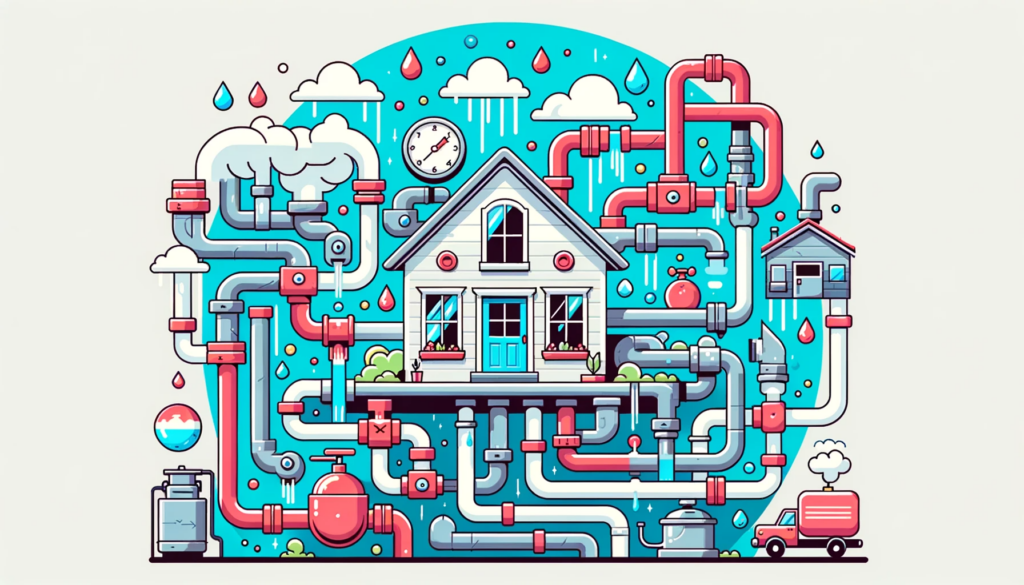
Leaks in Basement and Crawl Spaces
Basements and crawl spaces are common areas where leaks can go unnoticed for extended periods. These leaks can result in dampness, mould growth, and even structural damage. Therefore, homeowners must keep an eye out for signs of leaks in these areas and act swiftly if any are detected.
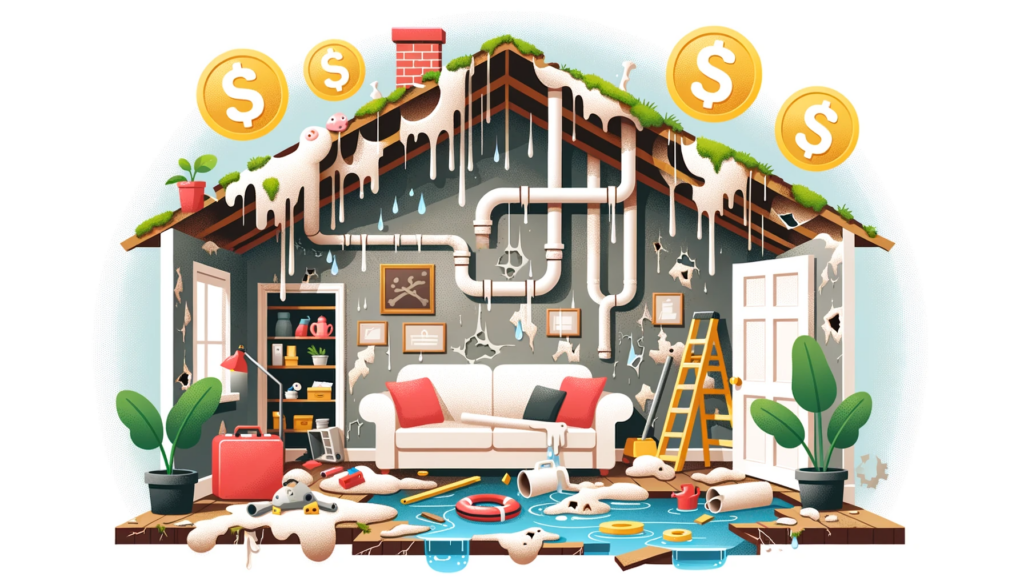
Slab Leak Detection
Slab leaks, occurring in the water lines running beneath the concrete foundation of a home, can lead to serious damage if undetected. Homeowners should be aware of the signs of slab leaks, such as unexplained water bills, damp carpets, or reduced water pressure, and seek professional assistance if a slab leak is suspected.
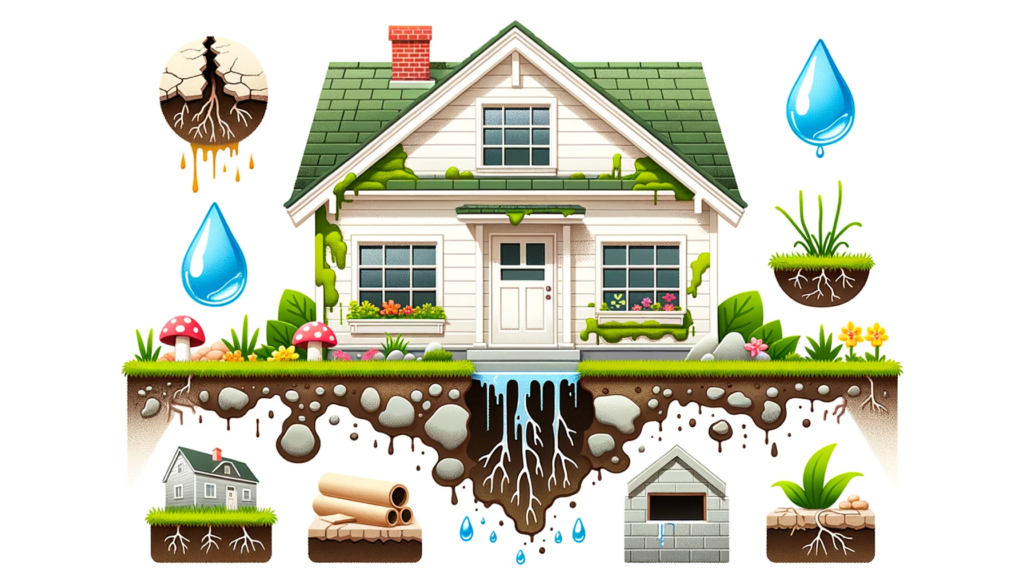
Sewer Line Leak Detection
Sewer leaks pose significant health risks and can cause extensive damage to a property. They often manifest as unpleasant odours, slow drains, or lush patches in the yard. Immediate professional intervention is recommended if a sewer line leak is suspected.

Toilet Leak Detection
Toilet leaks, while common, can be tricky to spot. However, a constantly running toilet or an unexplained increase in water bills might indicate a leak. Early detection can help conserve water and avoid costly repairs.

Tap and Fixture Leaks
Tap and fixture leaks are often the most noticeable and can lead to significant water wastage over time. Regular maintenance and prompt repair or replacement of dripping taps and fixtures can help conserve water and reduce costs.
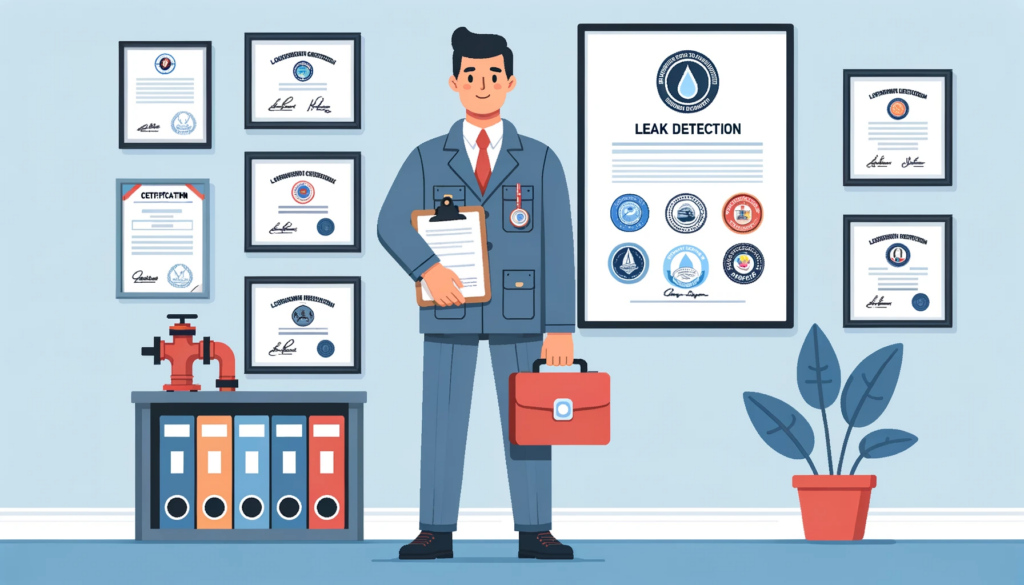
Detecting Leaks in Appliances
Household appliances like dishwashers, washing machines, and refrigerators are prone to leaks. Regular inspections for signs of leakage can help prevent water damage and extend the lifespan of these appliances.
Suppliers
